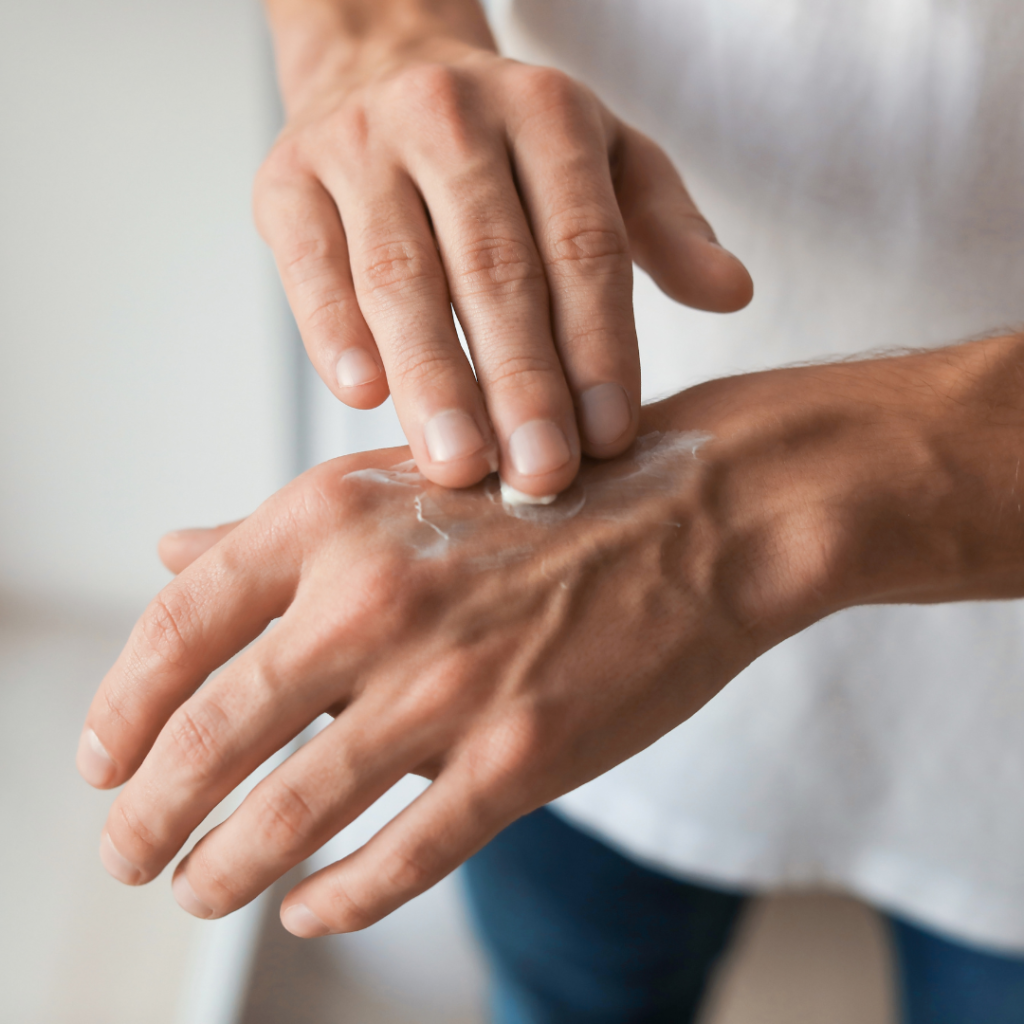
Natural Eczema Treatment
Eczema Treatment| Symptoms | Get Rid Of Eczema| Remedies For Eczema| Eczema Itch Relief| Summary
Natural Eczema Treatment
Eczema is a chronic skin condition that causes dry, red, and itchy skin. Its cause is not entirely known but it is thought to be related to immune system dysfunction. Eczema is the most common skin condition, affecting not only adults but children as well.
Typically, eczema flares up in patches followed by periods of calm skin. Environmental triggers and seasonal changes can lead to eczema flare ups; the cold, dry winter season being a common trigger for the condition. Patches of eczema often show up in the folds of the skin, such as in the elbows, ankles, and behind the neck.
Symptoms of Eczema
The symptoms of eczema can vary from one person to another. Eczema can also present differently on individuals with skin of colour. Here are some of the symptoms of eczema:
- Itchiness
- Rashes
- Dry skin
- Cracked skin
- Thickened skin
- Small, raised bumps
- Sensitive skin
- Oozing of the skin
- Crusting
One or more of these symptoms may present during a flare up, with the itchiness and rash being more common.

How to Get Rid of Eczema
Even though eczema can lay dormant, it can have flare ups, which need treatment.
Without this treatment or methods to reduce symptoms, eczema can significantly reduce the quality of life of patients. It may take years to figure out what works best for you, and you will need to learn how to treat flare ups too.
When you have an eczema flare up, the first step to improving your symptoms is to moisturize. Moisturizing your skin helps to repair your skin barrier and reduce itching. In more severe cases, your doctor will likely recommend using topical medications like topical corticosteroids or topical calcineurin inhibitors. You may also be prescribed pills to control skin inflammation systemically if your eczema is severe. Finally, there are new biologics that are usually injections to help with severe eczema.
There are also natural remedies and therapies that can help with symptoms and prevent flare ups. Check with a dermatologist to see how best for you to treat your eczema. Along with prescribed treatment, you may use natural treatment options to strengthen your skin barrier and treat your eczema symptoms.
What to Use for Eczema
There are some natural remedies you can try to help with your eczema symptoms. These remedies help to hydrate the skin. If your symptoms don’t improve, it’s important to discuss your eczema with your family doctor or dermatologist for the best treatment options.
Here is a list of natural remedies you can try:
- Aloe vera gel can soothe eczema skin with its antibacterial, antimicrobial, and wound healing properties
- Colloidal oatmeal can be added to a warm bath and soaked in
- Coconut oil can be applied to skin to add moisture and skin barrier protection
- Honey can be applied to skin in small amounts to help with wound healing
- Tea tree oil can be applied to skin as a diluted form to help relieve dryness and itchiness
- Sunflower oil can be applied to hydrate skin and relieve itching
- Witch hazel can be applied to reduce skin inflammation and itching
- Calendula cream can be applied to hydrate skin
- Topical vitamin B12 powder can be mixed into a moisturizer at a low concentration to help with eczema symptoms
Some more lifestyle changes you can incorporate to prevent eczema flare ups treatments include using gentle soaps in baths with lukewarm water. You can also focus on your diet and include more anti-inflammatory foods like vegetables and fish. Dairy, soy, and wheat can cause inflammation, and you may want to avoid any foods that trigger your flare ups.
These natural eczema treatments are often recommended but not all of them have been scientifically proven to help. Check with your doctor before using any of these and stop using if anything causes harm.
There is a scientifically tested and proven natural eczema treatment option. Learn more about this innovative therapy here.
Eczema Relief
To relieve flare ups of eczema, you can use some of the natural eczema methods mentioned above. If your eczema is severe, you can also use medications that are recommended by your dermatologist. For eczema relief, it is also a good idea to make lifestyle changes, such as staying cool and patting your skin instead of scratching.
You can also try to avoid scratchy or tight clothes to help soothe your skin. Humidifiers will also help increase your skin moisture. Wet wraps with slightly damp cloth can help your skin absorb moisture and retain it. Along with this strategies, it is also important to avoid triggers and try to calm your stress as these can cause flare ups for eczema.
Conclusion
Eczema is a chronic skin condition, and currently there is no cure for it, however, there are several strategies you can use to manage the condition. One of the most important steps you can take to manage your eczema is to protect your skin barrier. You can do this by moisturizing regularly and avoiding ingredients and products that are harsh on your skin. Through the gut-skin axis and with probiotics, you can even heal your eczema symptoms naturally from the inside out. Check with your pharmacist and ask for ProZema Probiotic for a natural way to manage and treat your eczema.
References:
Mayo Clinic: Atopic Dermatitis (Eczema)
Medical News Today: Top 12 Natural Remedies for Eczema
Healthline: 8 Natural Remedies to Reduce Eczema Symptoms
National Eczema Association: Alternative Treatments for Eczema
Cleveland Clinic: Home Remedies for Eczema
Greatist: 13 Natural Ways to Soothe Your Eczema
